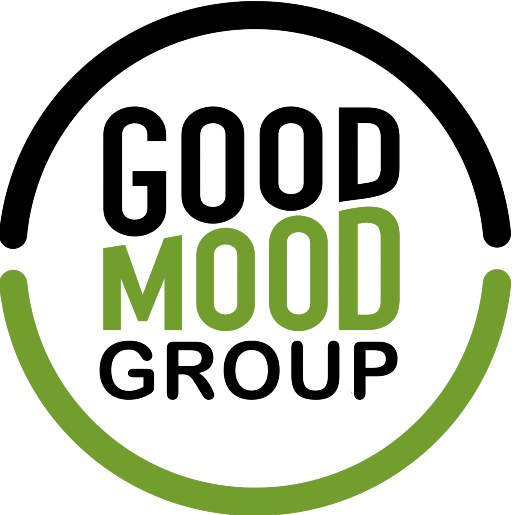1) Could you tell us a little about your career and areas of expertise/interest?
I’m a Clinical Psychologist and have worked with various mental health presentations. I started out working with homeless adolescents, and have since worked in drug and alcohol rehabilitation, in a phobia clinic, within the area of perinatal mental health, as well as the school setting. I love the variety that a career in psychology brings, however I have a particular interest in working with trauma and anxiety disorders.
2) What drew you to this line of work/research in the first place?
I’ve always been passionate about people being able to access quality and affordable mental health support. I find human behaviour fascinating and feel so fortunate that I get paid to help people improve their lives!
3) How do you look after your own physical and mental wellbeing?
Exercise, good food, good coffee and socialising!
4) Do you have a favourite post-workout cafe?
Anywhere with outdoor seating and the smell of the ocean!
5) What is one thing you wish people knew about wellbeing?
There is no quick fix or magic pill! It’s about a lifestyle and slowly making positive changes that you can maintain.
6) What is one of the most ridiculous things you’ve read or seen about wellbeing that you know to be untrue?
During my Clinical Masters training I was fortunate enough to do a placement at Royal North Shore Hospital Pain Management Clinic. It was incredible. The patients came in with chronic pain that they had been suffering from for years. They were all on a cocktail of drugs, but still in pain. They completed a 6 week course with a team of psychologists, physios and doctors, and walked out on no drugs and pain that they were able to manage. Opioids do not work for managing chronic pain, despite what the pharmaceutical companies try to tell us!
7) Do you have any favourite books, podcasts or websites on health or wellbeing that you’d recommend?
I love listening to Conversations with Richard Fidler and Sarah Kanowski. It always reminds me of how interesting humans are and the incredible things that people have survived. Often when we are anxious we are stuck in our minds thinking about ourselves. Taking the time to listen to the life of someone else can be incredibly healthy for your own wellbeing.
8) What is your top tip for living a healthy and happy life?
Build self awareness and be able to recognise when a behaviour is more hindering than helpful. And stay connected to other people!
